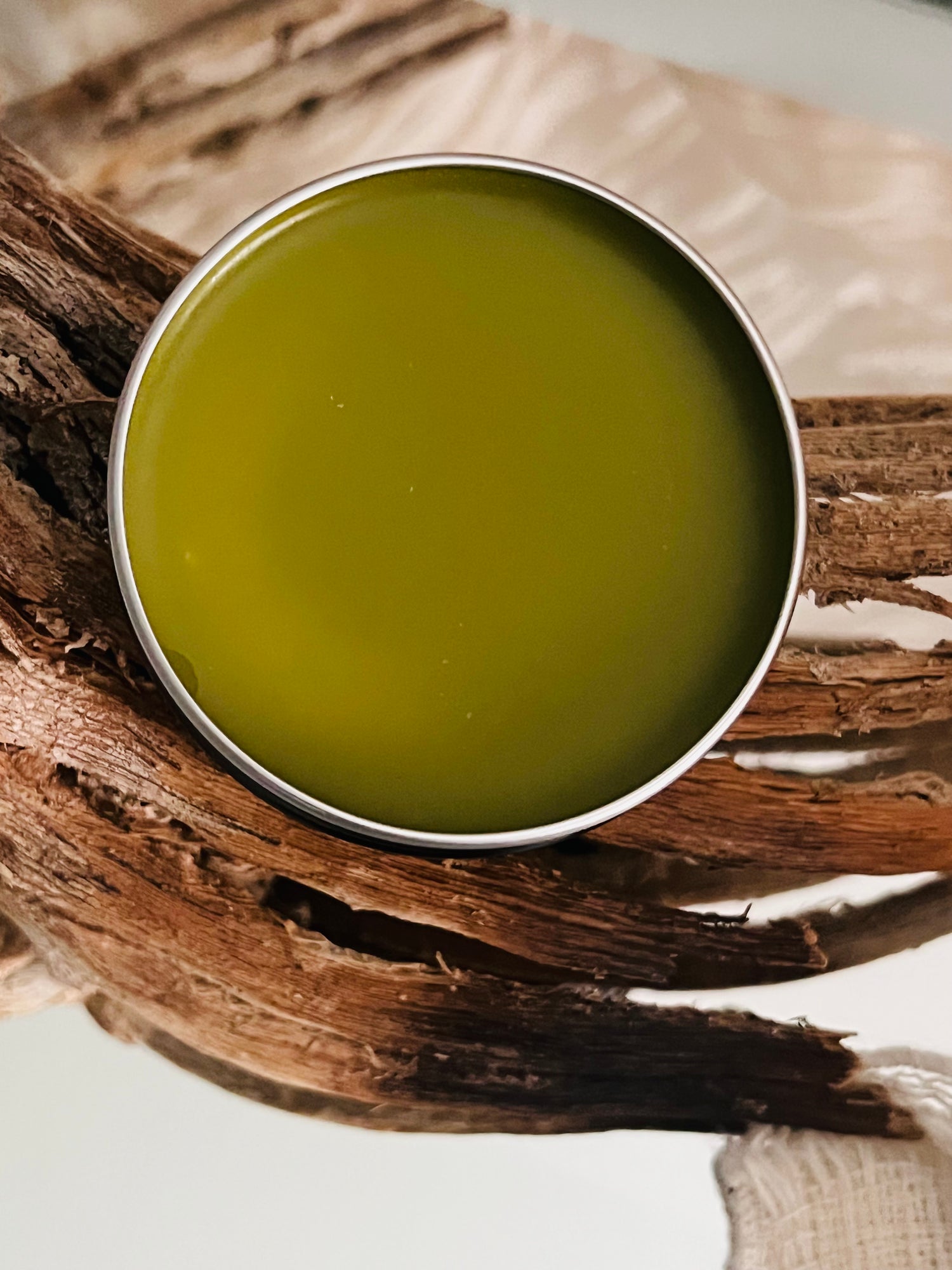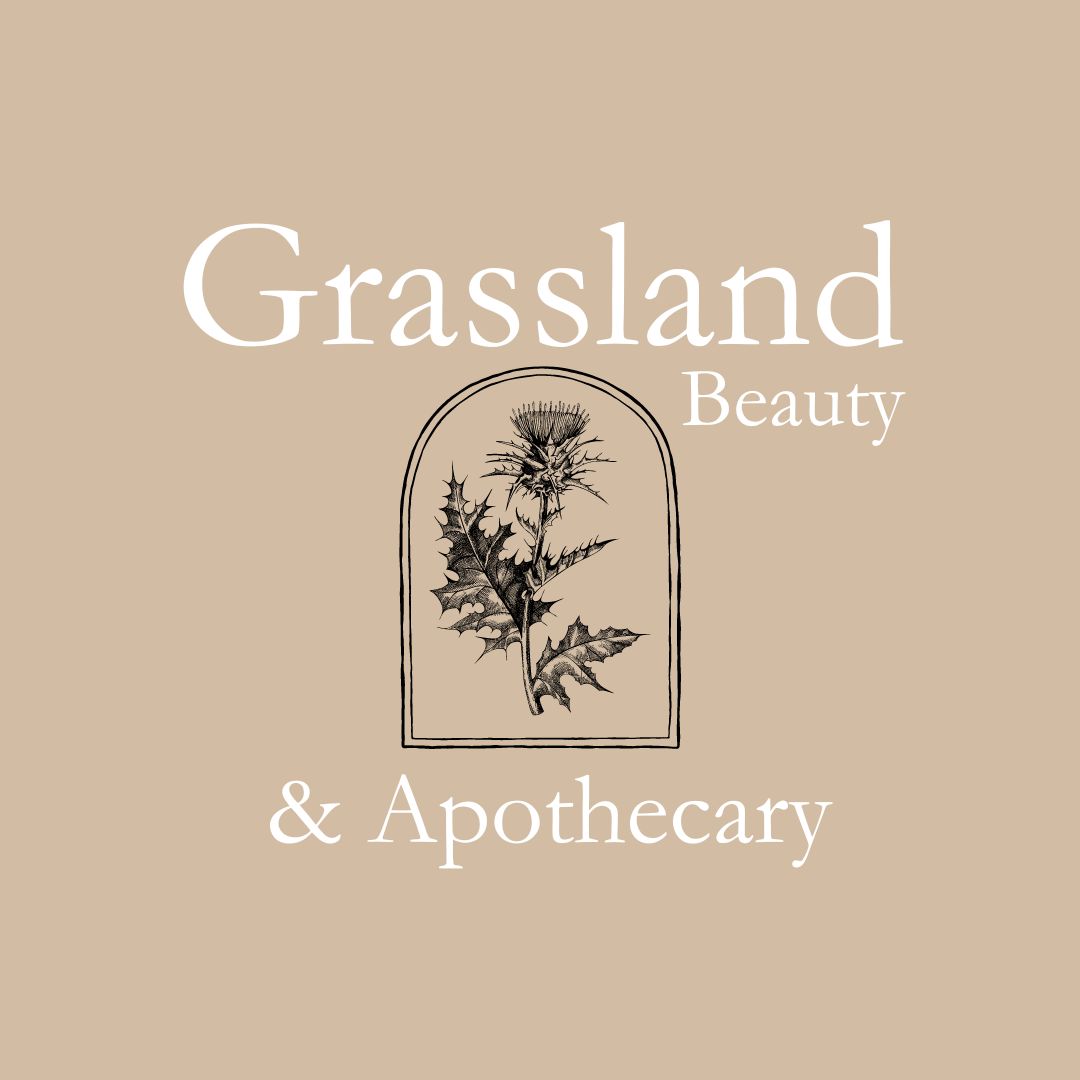Polyunsaturated fats! I have been wanting to do a long blog post on this topic for forever and a day now. Let me start by saying I am no scientist! But through researching the last year to two years id say I have learned so much about PUFA'S.

Ok so what are they? Polyunsaturated fats are omega 6 fats, we are probably most familiar with omega 3 fats such as fish, vegetable oil, flaxseed oil and leafy greens. There is also omega 9's which are usually canola oil, nut oils like sunflower, and olive oil. So oils or foods high in PUFA'S have a double bond in their carbon chain. Saturated fats from butter, and animal products have no bond in their carbon chain. A good way to picture it is a chain link, PUFA'S have many links, whereas saturated fats have no links in their chains. What does this mean?
It means that PUFA'S are much more prone to oxidation. Which is the breakdown of the atom within that carbon chain. They are unstable and oxidize easily. Which anything can cause oxidation, oxygen, warm temperatures etc. They have shorter shelf lives. So basically, think of that chain link starting to rust very quickly.
*Fun fact* did you know seed oils such as walnut oil are used as wood coating oils. Why? Because when they oxidize it leaves a layer of film over the wood which is a barrier so to speak. It's also sold in our grocery stores.
OK...lets go over which oils have the highest PUFA'S and list them:
- Grapeseed oil- 71% PUFA
- Safflower oil- 75% PUFA
- Apricot seed oil- 70% PUFA
- Sunflower oil- 65% PUFA
- Corn oil- 59% PUFA
- Soybean oil- 58% PUFA
- Walnut oil- 55-63% PUFA
- Cottonseed oil- 50% PUFA
- Sesame oil – 41-45% PUFA
- Canola oil- 30-37% PUFA
- Peanut oil- 29-32% PUFA
- Almond oil- 17% PUFA
- Duck fat- 13% PUFA
- Lard- 12% PUFA
- Avocado oil- 10% PUFA
- Goose fat- 10% PUFA
- Palm oil- 8% PUFA
- Olive oil- 8% PUFA
- Butter- 4% PUFA
- Cocoa Butter- 3% PUFA
- Coconut oil- 2-3% PUFA
- Palm kernel oil- 2% PUFA
Links:
Heat's On with PUFAs (How DO You Cook Healthy w/Oils?) | Grateful Table (thenewdeli.com)
Polyunsaturated Fat: Definition, Foods, Benefits and Risks (healthline.com)
So what's the problem with eating to many PUFA'S? Well, the reason eating things high in polyunsaturated fats is once they're in you and they've oxidized (which they will) they release all sorts of free radicals and inflammation (very similar to what radiation does to the body) which the body tries to rid itself of, but due to such a high level of these PUFA'S, it cannot. Inflammation in the body can cause all sorts of issues and diseases.
- cardiovascular disease
- type 2 diabetes
- obesity
- metabolic syndrome
- irritable bowel syndrome & inflammatory bowel disease
- macular degeneration
- rheumatoid arthritis
- asthma
- cancer
- psychiatric disorders
- autoimmune diseases
The sad truth is these types of oils are used by most restaurants and touted as a way to lower cholesterol if they are consumed. In the 70s there was what I like to refer to as a war on saturated fats, they were thought to be the enemy. So, the producers did the good ol' switcherooni and pushed vegetable, seed, corn, canola, soybean and other oils. Claiming they lowered cholesterol. I have reservations for the reasoning behind this but I won't go into that here.
Here is an excerpt from a wonderful article I will link on here:
"The links between PUFA consumption and cancer are well established in the scientific community. Yet mainstream media, doctors and marketing continue to preach the benefits of swapping saturated fat for vegetable oils. In New Zealand, we have the Heart Foundation that is meant to help consumers make healthier food choices to improve heart health. Yet you will see their tick on various industrial seed oil products."
PUFA's: The Worst Thing For Your Health You Eat Everyday (alexfergus.com)
According to history there were several major events that led to the excess consumption of seed oils:
-War shortages in the 40s-60s led to creations such as crisco
-Farmers started feeding their livestock seed oils which were in excess when chemists learned to create paint varnish from petroleum. which led to an excess of linseed oil. The farmers noticed how much quicker their animal's got fat.
-The war/ belief that saturated fats cause heart disease.
-The money involved in pushing seed oils on consumers is a big motivator for the lie to continue being pushed that seed, and oils high in PUFA'S are better than animal-based products.
So, all this to say, PUFA'S are bad and damaging to our health. Don't eat them or put them on your skin. Eat animal based or use oils with the lowest PUFA'S you can find.
Here at my home where I make all these wonderful tallow skin creations, I will not use anything high in PUFA'S. I have to use some oils in my skin products, and truthfully, they're not all horrible. My personal preference is Organic jojoba oil, or Organic cold pressed Extra Virgin Olive Oil. Why you shouldn't put seed oils high in PUFA'S on your skin well again they oxidize quickly and what does that mean? Major damage to your skin. Increased skin cancer risk, and accelerated aging.

I realize as I'm writing this that I actually use one ingredient in my soaps that is high in PUFA's, and that's canola oil. You may be thinking "see look you use a seed oil!" Yes, I do, however, soap is a wash off product. Canola oil is more to increase the linoleic values in my soaps, which gives it a softer creamier feeling. There is a time and a place for PUFA'S albeit rare it happens! The length of time a product is sitting on your skin will determine the amount of penetration and damage it does. Soap naturally has a high ph usually around 9. The ph on our skin is around 5.5, soap is alkaline, but the amount of time it's on our skin is so short it doesn't raise the ph of our skin. Raising the ph on our skin can lead to a compromised skin barrier which then breaks down the natural protection our skin has again things such as seed oils. Therefore, the tiny amount of canola oil im using in my soaps is not enough to penetrate your skins barrier and damage it unless you're not completely washing yourself off.
It's safe to steer clear of any skin products with Almond oil, Apricot seed oil, Avocado Oil, Grapeseed oil, Rose hip seed oil, or sunflower oil. You really don't want that sitting on your skin. Just because some big beauty guru said it made them look younger don't believe them and follow along. And I've seen this trend lately. Rubbing Vaseline all over your face as a nighttime routine. Just stop. Thats for another blog. I'm signing off! Have an intentional day and thanks for reading my rant!



